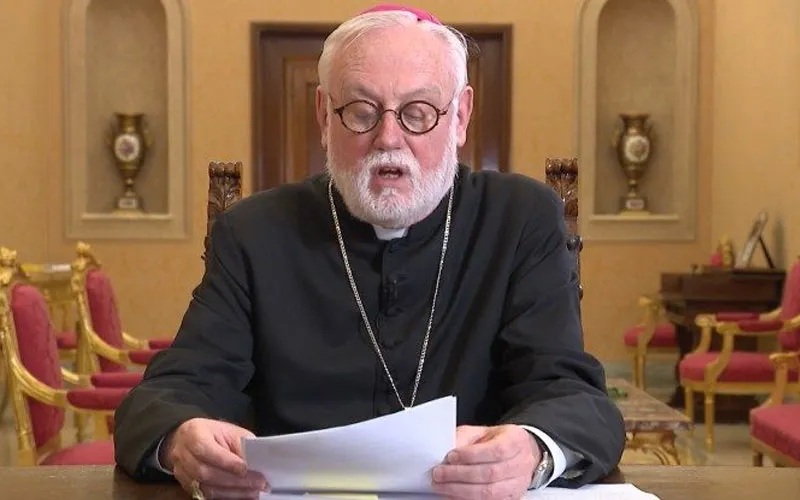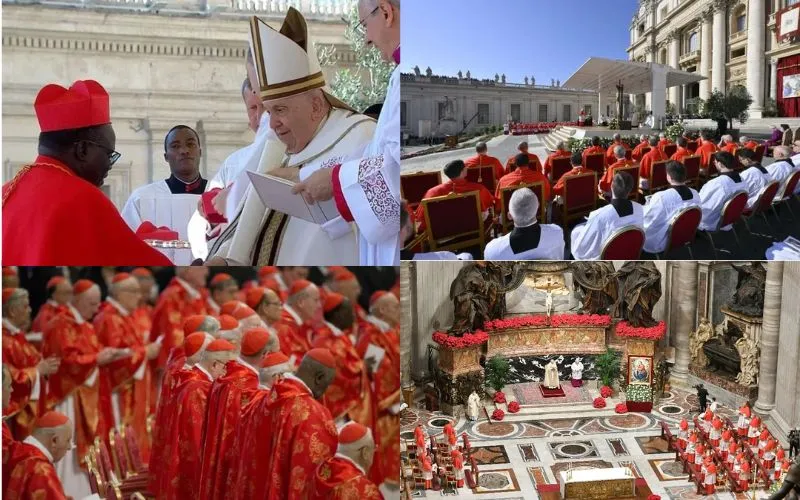Durban, 23 September, 2021 / 9:00 pm (ACI Africa).
The Secretary for Relations with States of the Holy See, Archbishop Paul Gallagher, has called for support of Africa’s rising numbers of refugees and migrants who, he says, continue to experience racism and xenophobic attacks in the countries of destination.
The Vatican official made the remark at the United Nations high-level meeting to commemorate the 20th anniversary of the Durban Declaration and Program of Action (DDPA), which proposed concrete measures to combat racism, racial discrimination, xenophobia, “and related intolerance.”
“Many persons of African descent around the world are migrants or refugees that after leaving their homes, or being forced to leave, face racism and xenophobia, discrimination and intolerance in countries of destination, rather than the support that they need,” Archbishop Gallagher said in a Wednesday, September 22 Vatican message that was addressed to President Cyril Ramaphosa of South Africa.
He added, “My Delegation hopes that the recent establishment of the Permanent Forum for People of African Descent will contribute to local, national and international efforts aimed at providing justice and support for victims of racism.”
The United Nations General Assembly has operationalized the Forum on People of African Descent as “a consultative mechanism for people of African descent and other relevant stakeholders as a platform for improving the safety and quality of life and livelihoods of people of African descent, as well as an advisory body to the Human Rights Council, in line with the program of activities for the implementation of the International Decade for People of African Descent and in close coordination with existing mechanisms.”








